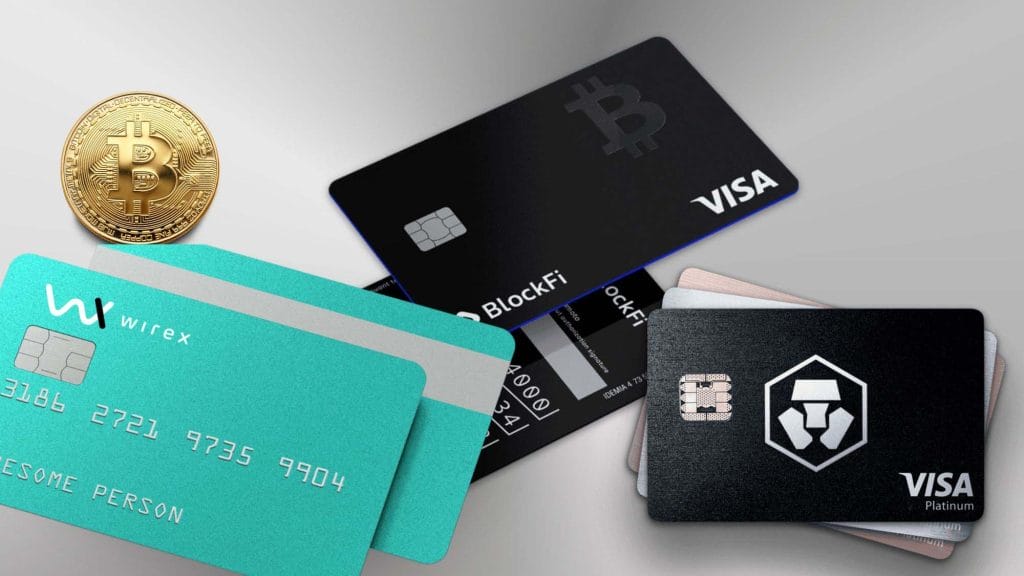
Managing money in college can be a challenge, and that’s why many financial institutions offer student credit cards tailored to young adults who are just starting their financial journey. Unlike traditional cards, these options are designed with lower limits, fewer fees, and learning opportunities that help students build healthy money habits. In this article, we’ll break down what makes student credit cards smart options for beginners, highlight benefits and drawbacks, and answer common questions often searched through FAQ Sensa69.
Why Student Credit Cards Matter
For many, a credit card is the first real introduction to financial responsibility. A student card offers a gateway into the world of credit without overwhelming new users. By paying off balances on time, students begin establishing a positive credit history that will be valuable later for renting an apartment, buying a car, or even applying for jobs.
Student credit cards usually include:
-
Lower credit limits – preventing overspending.
-
Simplified rewards programs – such as cashback on food, gas, or textbooks.
-
Education perks – some issuers provide financial literacy tools or credit-score tracking.
Key Benefits of Student Credit Cards
1. Building Credit Early
One of the most important advantages is the ability to build a credit score from a young age. Good credit can reduce interest rates on future loans and help secure financial opportunities after graduation.
2. Emergency Access
Unexpected expenses—such as a laptop repair or medical bill—can happen. A credit card gives students access to funds when needed, as long as they manage repayment responsibly.
3. Rewards and Cashback
Many student cards provide simple cashback rewards. For example, 1%–3% back on groceries, streaming subscriptions, or dining can add up to meaningful savings for students living on tight budgets.
4. Learning Money Management
By using a card for controlled spending—like school supplies or monthly phone bills—students can practice budgeting and responsible financial planning.
Common Pitfalls to Avoid
While student credit cards come with great advantages, there are risks:
-
Carrying high balances – Interest charges can build up quickly.
-
Late payments – Missing due dates negatively impacts credit scores.
-
Overspending – The temptation to treat a credit card like “free money” can lead to debt.
Being disciplined is the key. Students should aim to pay their balances in full each month, avoiding unnecessary fees and keeping their credit utilization low.
Choosing the Right Student Credit Card
Here are some factors to consider before applying:
-
Annual Fees – Many student cards have no annual fees, which is ideal for beginners.
-
Rewards Structure – Look for cashback or rewards categories that match student lifestyles (e.g., dining, gas, online shopping).
-
Interest Rates (APR) – Lower is better, though the ultimate goal is to avoid interest by paying on time.
-
Credit-Building Features – Free credit-score monitoring or reporting to major bureaus is a must.
-
Eligibility – Some cards require proof of enrollment in school, while others may ask for income details.
Tips for Responsible Use
-
Set a budget: Decide in advance how much you’ll spend on your card each month.
-
Use autopay: Automating payments prevents missed due dates.
-
Keep utilization under 30%: If your limit is $1,000, try to use no more than $300 at a time.
-
Track spending: Use apps or built-in card features to monitor expenses.
FAQ Sensa69: Student Credit Cards Edition
To help answer the most common beginner questions, here’s a quick FAQ inspired by what students often search for through FAQ Sensa69:
Q1: Can I get a student credit card without a job?
Yes, but it may require a co-signer, proof of student status, or evidence of financial support from family.
Q2: How soon will a student credit card improve my credit score?
If you pay on time and keep balances low, you may see positive changes within six months.
Q3: Are student credit cards better than secured credit cards?
For students, unsecured student cards are often preferable since they don’t require a deposit. However, secured cards are good alternatives if you can’t qualify otherwise.
Q4: Do all student credit cards have rewards?
Not all, but many popular issuers provide cashback or points systems designed for student spending habits.
Q5: What happens if I graduate?
Most issuers allow students to transition to a regular credit card with higher limits and expanded rewards once they graduate.
Final Thoughts
Student credit cards, when used wisely, are smart stepping stones into adult financial life. They provide convenience, safety, and—most importantly—the ability to establish credit history early. The key is responsible use: treat your card as a tool, not a free pass to spend.
For any student considering their first card, reviewing questions often found in FAQ Sensa69 is a great starting point. Understanding terms, benefits, and potential risks helps ensure the card works for you, not against you.
In the end, a student credit card is more than just plastic in your wallet—it’s an investment in your future financial independence.







